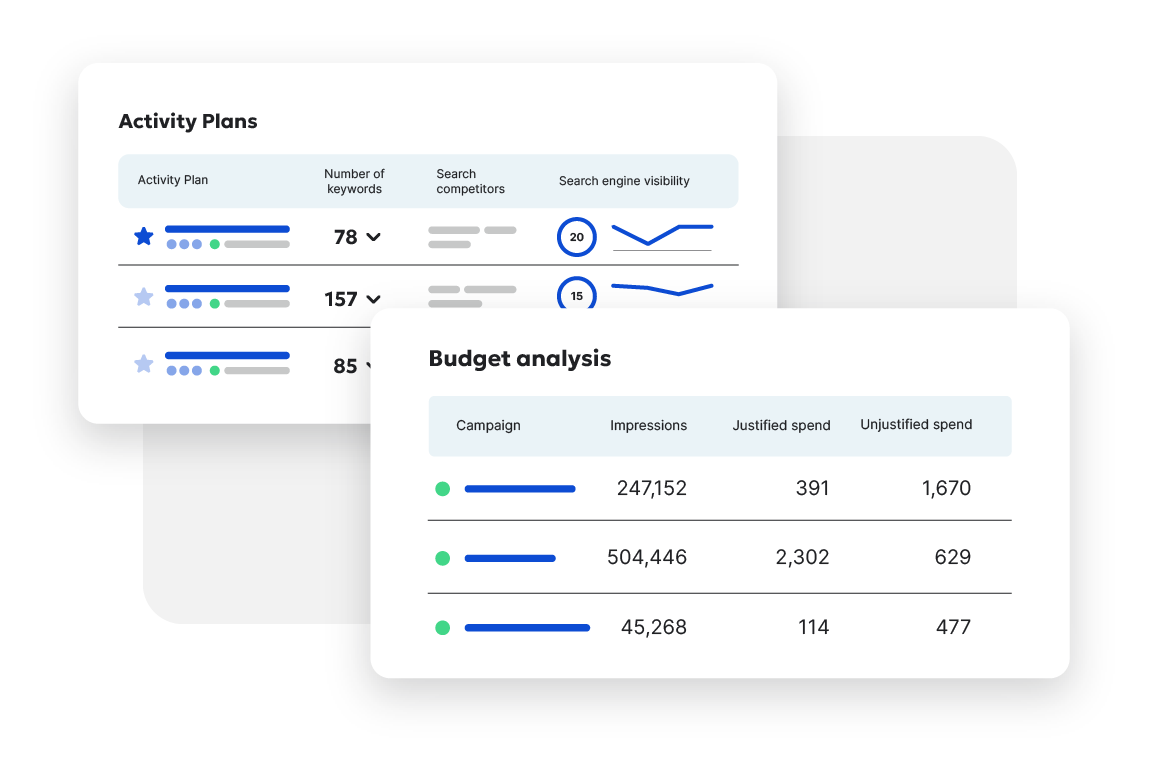Erratic organic traffic is the new normal
When chaos comes in the form of plummeting numbers, it helps to know everyone is suffering . . . and that it might get better.
- By Eric Carlson - Jul 23, 2024 SEO Web Analytics
Has your site suffered from erratic organic traffic numbers in recent months? If so, know that you’re not alone. Reports around the globe and in every sector of the internet are reporting less organic traffic since the beginning of 2024.
It makes sense given that Google has been on a roll this year when it comes to dramatic changes with the SERP: In March there was a core update that stymied analysts (“whole basket of confusion” and “heap of complications” are choice words) and caused massive drops in traffic (to the point where one SEO expert saw a 90 percent drop in ONE DAY.)
Then in May, Google officially rolled out AI Overviews (formerly known as Search Generative Experience), which caused nausea of epic proportions across the SEO profession: What would it mean for the years of hard work we’d put into perfecting our SEO?
Long story short, you’ve got SEO experts screaming, crying, and throwing up. So, grab a bucket and let’s see how things are going.
Google dials back updates
Google’s updates this year have caused major changes in the SERPs. After backlash (specifically from many in the SEO community) it seems like they have dialed back the changes slightly.
Google’s algorithm is always evolving, and in an update earlier this year it started relying more heavily on user-generated content (UGC). The results were fairly immediate: Links to Reddit (which of course is entirely UGC) began showing up at the top of search queries, even among users who had never used Reddit. While this was great for Reddit, it wasn’t so great for people searching for facts rather than crowd-sourced advice.
The second, and more troubling, issue with these updates is a stark drop in traffic. Across industries, a drop in clicks has been noted, causing shockwaves that even led to entire businesses shutting down and coverage in mainstream press (see the BBC’s “Google just updated its algorithm. The Internet will never be the same.”)
Whether this is all due to AI Overviews taking away clicks by answering questions on the SERP, or if there are other factors at play (Gartner has warned that the rise of AI chatbots could result in a 25 percent drop in traffic by 2026), there is a distinct change we’ve seen in the amount of search traffic clicking on links.
The good news? Google gets it: This isn’t good. They’re now dialing back on changes in their algorithms. SEO experts have already seen a drop in Reddit links on SERPs within the last month, as well as a drop in queries that feature an AI Overview response.
Naturally, because it’s Google, the actual changes to the algorithms and the reasons behind them aren’t explained, but given that there has been no shortage of stories about how AI Overviews has generated incorrect and even dangerous results (don’t rely on it for foraging mushrooms, don’t eat glue or rocks, and no, Buzz Aldrin did not deploy cats on the moon), they needed to get cracking and keep cracking.
To be clear, bad search results may not have been the only motivating factor: One of the more convincing theories is that along with a drop in traffic, Google could see a drop in clicks on their advertising links, which of course would hurt their bottom line.
These kinds of wild fluctuations in Google’s results can be extremely frustrating for SEO experts. (You might have even thrown a cordless mouse against the wall, and now you have to buy a new mouse, and fix a noticeable divot in your office wall.) I don’t know of a single SEO expert who isn’t dealing with the same thing. While these updates can bring misery, it’s also true that misery loves company, and we’re all dealing with these changes together.

Ready to improve your Search Engine Optimization?
Siteimprove SEO is an all-in-one Enterprise SEO tool that can help you achieve your digital potential.
Schedule a demo